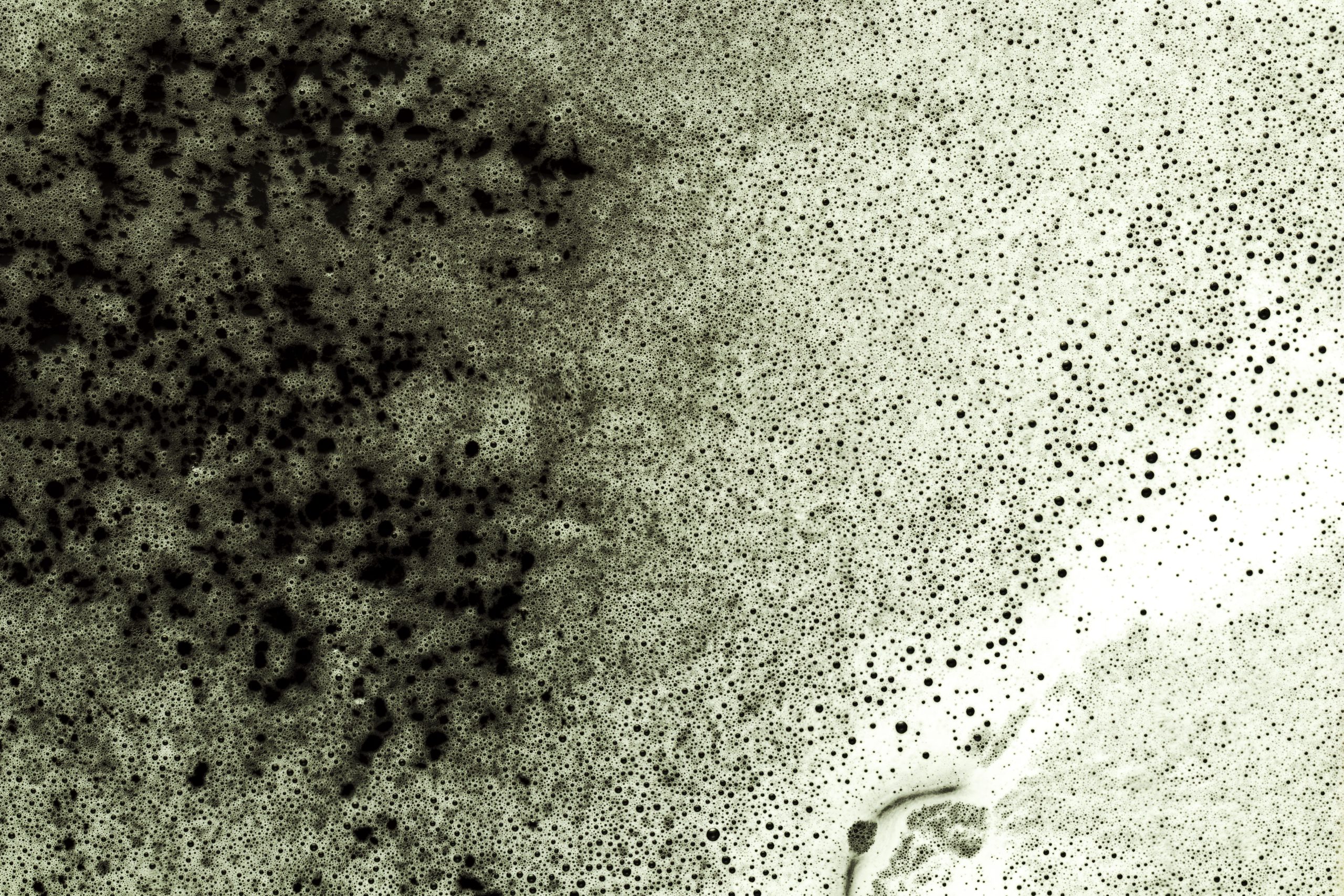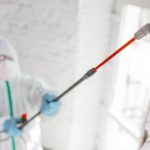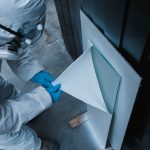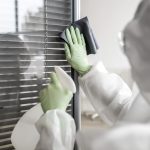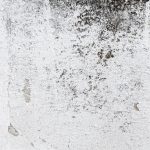
Black mold, particularly the species Stachybotrys chartarum, has a reputation for being more dangerous than other types of mold. But is it truly more harmful? Homeowners in Southwest Florida—especially in humid cities like Fort Myers, Naples, Cape Coral, and Sarasota—need to understand the facts and myths surrounding black mold to protect their homes and health effectively.
What is Black Mold?
Black mold is a species of mold that thrives in warm, damp environments. Its characteristic dark green or black appearance has made it widely known, but not all black molds are Stachybotrys chartarum, nor are they inherently dangerous. Black mold tends to grow on surfaces with high cellulose content, such as drywall, wood, and paper, which are common in many homes in Florida.
Myth 1: Black Mold is Always Toxic
Fact: Not all black molds produce toxins. While some strains of black mold, like Stachybotrys chartarum, can produce mycotoxins, many do not. Mycotoxins are toxic compounds that can pose health risks if inhaled, but the mere color of a mold does not determine its toxicity. In other words, just because mold is black does not mean it is harmful.
Myth 2: Black Mold Causes Serious Health Issues in All Cases
Fact: Black mold exposure can lead to health issues, but the severity depends on various factors, such as the individual’s sensitivity and the extent of exposure. Symptoms may include respiratory issues, allergies, headaches, and skin irritation. While some people may experience severe symptoms, others may have little to no reaction. However, those with pre-existing respiratory conditions, allergies, or weakened immune systems may be more susceptible.
Myth 3: Black Mold is More Dangerous Than Other Molds
Fact: Many types of mold can produce mycotoxins, not just black mold. Common household molds, like Aspergillus or Penicillium, can also pose health risks. The conditions under which these molds grow, such as prolonged dampness and limited ventilation, contribute to their potential danger. Given the climate in Cape Coral and Naples, where mold growth is prevalent, homeowners should take all molds seriously, regardless of color.
Myth 4: Bleach Can Remove Black Mold Safely
Fact: Bleach is often touted as a solution for mold removal, but it’s not as effective as it may seem. Bleach can kill surface mold, but it may not penetrate porous materials like wood or drywall, leaving spores behind to regrow. Professional mold remediation services are recommended for thorough and safe removal, especially for black mold, which can quickly spread in humid environments like Fort Myers and Sarasota.
Preventing Black Mold Growth
- Control Humidity: Keep indoor humidity levels below 50% using dehumidifiers and air conditioning.
- Improve Ventilation: Use exhaust fans in bathrooms and kitchens to reduce moisture. Open windows when possible to improve airflow.
- Fix Leaks Promptly: Repair leaks in roofs, windows, and plumbing to prevent water accumulation.
- Use Mold-Resistant Materials: In areas prone to moisture, consider using mold-resistant drywall and paint.
Professional Mold Remediation in Southwest Florida
If you suspect black mold in your home, it’s best to consult with professionals who can provide a thorough assessment and remediation plan. At QCI Online, we specialize in mold inspection and remediation across Fort Myers, Naples, Cape Coral, and Sarasota. Our expert team can safely and effectively remove black mold, ensuring your home is mold-free and safe for you and your family.
Visit Our Website: QCI Online
Location: Serving Fort Myers, Naples, Cape Coral, Sarasota, and surrounding areas.
Contact Us Today: Reach out to QCI Online for reliable mold remediation services.
For residents of Southwest Florida, black mold doesn’t have to be a constant concern. With the right preventive measures and professional help, you can protect your home from mold and its potential health risks. Contact QCI Online today to learn more about how we can help keep your home mold-free.


